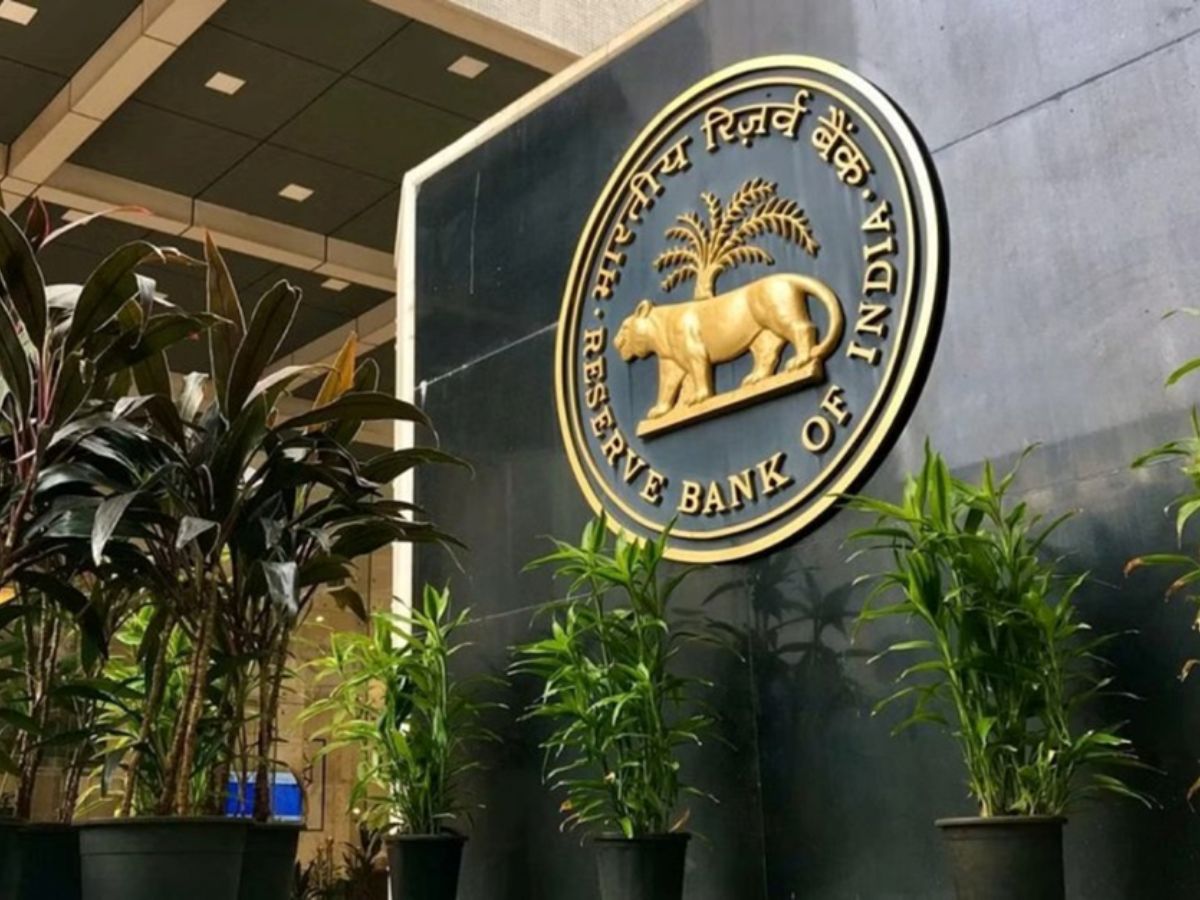RBI issues circular regarding (Investment in AIF) Directions, 2025
The Directions will be recognized as Reserve Bank of India (Investment in AIF) Directions, 2025. These Directions shall come into force from January 1, 2026, or from any earlier date as decided by a RE as per its internal policy (“effective date”).

RBI issues circular regarding (Investment in AIF) Directions, 2025
New Delhi: The Reserve Bank had issued a circular regarding the regulatory guidelines in respect of investment by the regulated entities of the Reserve Bank (REs) in Alternative Investment Funds (AIFs).
The guidelines have been reviewed by taking into account industry feedback as well as the regulations issued by the Securities and Exchange Board of India (SEBI) relating to specific due diligence of investors and investments of AIFs.
Join PSU Connect on WhatsApp now for quick updates! Whatsapp Channel

The Directions will be recognized as Reserve Bank of India (Investment in AIF) Directions, 2025. These Directions shall come into force from January 1, 2026, or from any earlier date as decided by a RE as per its internal policy (“effective date”).
The Regulated Entities included are Commercial Banks (including Small Finance Banks, Local Area Banks and Regional Rural Banks), Primary (Urban) Co-operative Banks/ State Co-operative Banks/ Central Cooperative Banks, All-India Financial Institutions, Non-Banking Financial Companies (including Housing Finance Companies).
Read Also : Servotech Announces Strong Q1 FY26 Results, Profit Jumps 59%Following guidelines have been issued regarding the circular:
a) No RE shall individually contribute more than 10 per cent of the corpus of an AIF Scheme.
b) Collective contribution by all REs in any AIF Scheme shall not be more than 20 per cent of the corpus of that scheme.
c) If a RE contributes more than five per cent of the corpus of an AIF Scheme, which also has downstream investment (excluding equity instruments) in a debtor company of the RE, then the RE shall be required to make 100 per cent provision to the extent of its proportionate investment in the debtor company through the AIF Scheme, subject to a maximum of the direct loan and/ or investment exposure of the RE to the debtor company.
d) if a RE’s contribution is in the form of subordinated units, then it shall deduct the entire investment from its capital funds – proportionately from both Tier-1 and Tier-2 capital (wherever applicable).
Read Also : Power Grid Q1FY26: Power Transmission company reports a fall of 2.5% in Net Profit